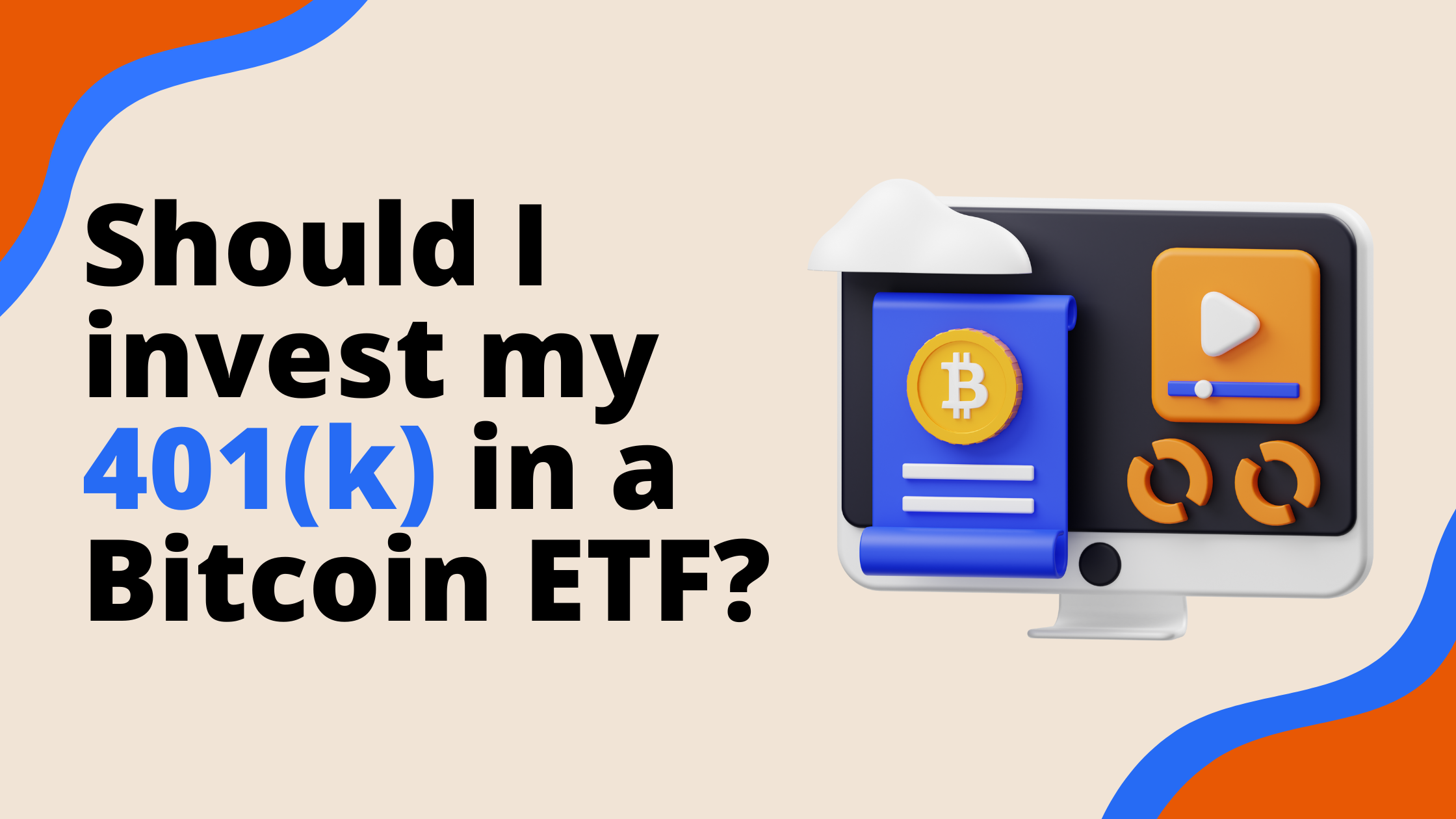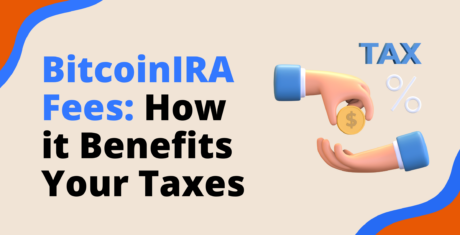Key Sections
The 401(k) retirement plan is a popular tool for saving towards retirement with tax advantages. As of 2020, a significant portion (34.6%) of working-age Americans participated in 401(k)-style accounts. Traditionally, these plans offer a variety of mutual funds for investment. However, the recent introduction of Bitcoin Spot ETFs (January 2024) has sparked discussions about including them in 401(k)s.
What are Bitcoin Spot ETFs?
Bitcoin Spot ETFs are investment funds that track the price of Bitcoin, allowing investors to gain exposure to the cryptocurrency without directly owning it. This eliminates the complexities of storing and securing Bitcoin yourself. The ETF holds Bitcoin as an underlying asset and issues shares that trade on stock exchanges. While the SEC has approved Bitcoin ETFs, not all 401(k) plans currently offer them. The availability depends on your employer’s plan provider and their investment options.
Bitcoin ETFs vs. Direct Investment
Bitcoin ETFs offer an alternative way to gain exposure to Bitcoin’s price movements without directly buying Bitcoin. Here’s a breakdown of the key differences between investing in Bitcoin directly and investing in Bitcoin through an ETF:
Control and Storage:
- Direct Bitcoin: You have complete control over your Bitcoin. You’ll need a secure digital wallet to store it.
- Bitcoin ETF: You don’t directly own Bitcoin. The ETF holds the Bitcoin, and you own shares of the ETF. This eliminates the need for a personal wallet.
Investment Process:
- Direct Bitcoin: You’ll need a cryptocurrency exchange to buy and sell Bitcoin. These exchanges may have fees.
- Bitcoin ETF: You can buy and sell Bitcoin ETFs through a traditional brokerage account, similar to buying stocks.
Control and potentially higher returns:
- Direct Bitcoin: ownership offers more control and potentially higher returns.
- Bitcoin ETF: provides a convenient way to invest in Bitcoin, but with potentially lower returns and higher fees.
Potential Benefits of Including Bitcoin in a 401(k)
Let’s explore three reasons why adding an allocation of Bitcoin to your 401(k) might be worth considering:
- Diversification: Bitcoin offers a unique asset class with little correlation to traditional stocks and bonds, potentially reducing overall portfolio risk.
- High Return Potential: Bitcoin has a history of significant price appreciation, offering the possibility of boosting retirement savings growth.
- Inflation Hedge: Some view Bitcoin as a hedge against inflation, similar to gold, potentially preserving the purchasing power of retirement funds.
Alternatives for Direct Cryptocurrency Exposure in Retirement Savings
If you are interested in gaining exposure to Bitcoin or other cryptocurrencies for your retirement savings but are hesitant about investing your 401(k) directly in a Bitcoin ETF, an alternative option is a Crypto IRA. A Crypto IRA is a self-directed individual retirement account that allows you to invest more directly in cryptocurrencies, including Bitcoin, within the tax-advantaged structure of an IRA. This provides a way to diversify your retirement portfolio while still enjoying the tax benefits of a retirement account.
How to Set Up a Crypto IRA for Your Retirement Savings
Setting up a Crypto IRA involves several steps. Firstly, you need to choose a reputable and reliable platform who specializes in offering Crypto IRAs. The provider will help you open the account and guide you through the process of transferring your existing retirement funds into the Crypto IRA. Once your funds are in the Crypto IRA, you can begin investing in cryptocurrencies such as Bitcoin.
Final Thoughts
Bitcoin ETFs offer a new way to gain exposure to Bitcoin within a retirement account. However, carefully consider your risk tolerance, investment goals, and time horizon before investing. Bitcoin’s high volatility may not be suitable for everyone, particularly those nearing retirement.
If you are interested in exploring the option of investing in cryptocurrencies for your retirement savings, consider opening an account at BitcoinIRA1, a reputable provider of Crypto IRAs. BitcoinIRA specialists can guide you through the process of setting up a Crypto IRA and help you navigate the process of investing in cryptocurrencies for your retirement. Remember to consult with a financial professional before making any investment decisions.
- Bitcoin IRA is a platform that connects consumers to qualified custodians, digital wallets and cryptocurrency exchanges. The company is not a custodian, is not a digital wallet and is not an exchange. The information provided in this article is for educational purposes only. We encourage you to consult an adviser or professional to determine whether Bitcoin IRA makes sense for you.







 3,500+ 5-Star Reviews
3,500+ 5-Star Reviews